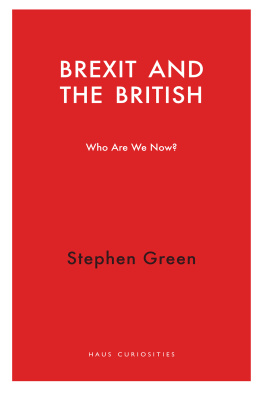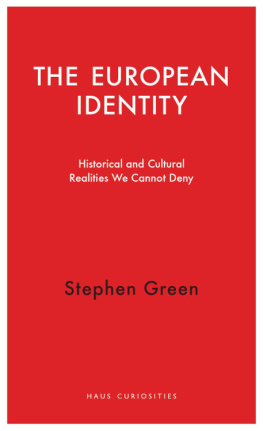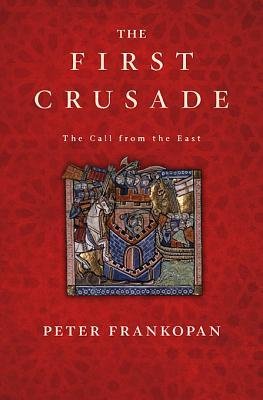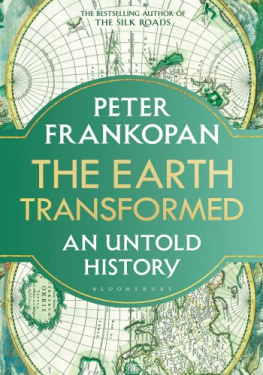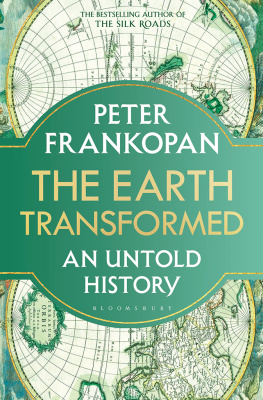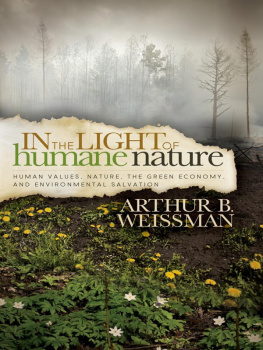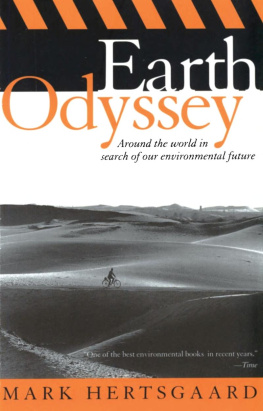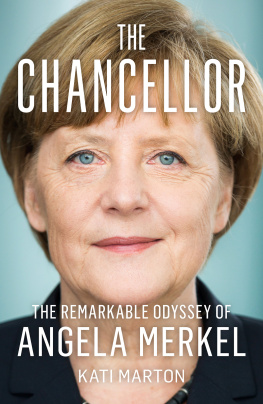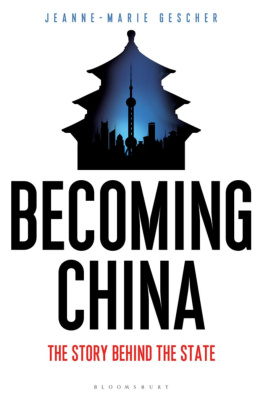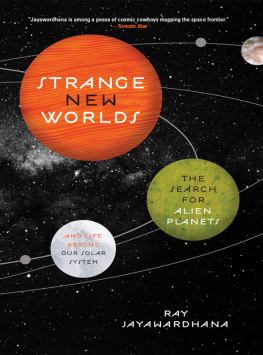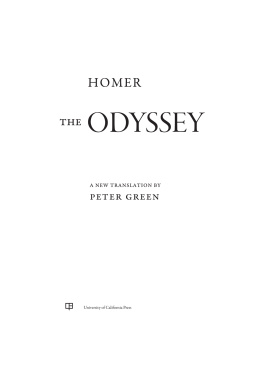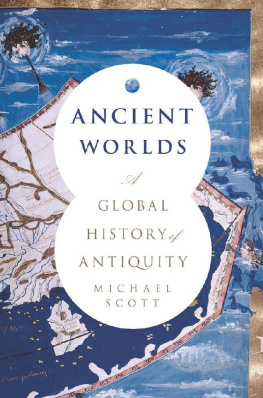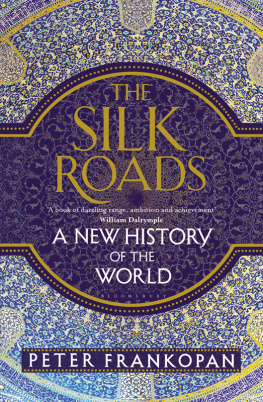For most of his career, Stephen Green has been an international banker, who has lived in East Asia, the Middle East and North America. From 2011 to 2013, he was trade minister in the British government. He is a member of the House of Lords and is Chair of the Natural History Museum and of Asia House in London. He is an ordained priest of the Church of England.
He is the author of Reluctant Meister: Germany and the new Europe (Haus Publishing, 2015) and of The European Identity: Historical and cultural realities we cannot deny (Haus Publishing, 2015). He has also written on business values and is the author of Good Value: Money, morality and an uncertain world (Allen Lane, 2009). He lectures regularly on the cultural, geopolitical and environmental challenges that face the increasingly connected and urbanized peoples of Europe and Asia.
The Human
Odyssey
Stephen Green
East, West
and the Search for
Universal Values
First published in Great Britain in 2019
Society for Promoting Christian Knowledge
36 Causton Street
London SW1P 4ST
www.spck.org.uk
Copyright Stephen Green 2019
All rights reserved. No part of this book may be reproduced or transmitted in any form or by any means, electronic or mechanical, including photocopying, recording, or by any information storage and retrieval system, without permission in writing from the publisher.
SPCK does not necessarily endorse the individual views contained in its publications.
Scripture quotations are from the New Revised Standard Version of the Bible, Anglicized Edition, copyright 1989, 1995 by the Division of Christian Education of the National Council of the Churches of Christ in the USA. Used by permission. All rights reserved.
Every effort has been made to acknowledge fully the sources of material reproduced in this book. The publisher apologizes for any omissions that may remain and, if notified, will ensure that full acknowledgements are made in a subsequent edition.
British Library Cataloguing-in-Publication Data
A catalogue record for this book is available from the British Library
ISBN 9780281081134
eBook ISBN 9780281081158
1 3 5 7 9 10 8 6 4 2
Typeset by Falcon Oast Graphic Art Limited
First printed in Great Britain by TJ International
Subsequently digitally reprinted in Great Britain
eBook by Falcon Oast Graphic Art Limited
Produced on paper from sustainable forests
For my grandchildren: Heather, James, William,
Andrew, Samuel, Hannah and Phoebe.
May they grow into their full individuality
in this connected world
Contents
Preface
I have had the great privilege of living in different parts of the land mass we call Eurasia, and of travelling extensively over three decades throughout many of its countries.
It has been a period of extraordinary change: the emergence of entire new cities, the spread of mobile telecommunications and the whole digital revolution. As this has happened all around us, I have seen and heard many things that tell of the new struggling to break out from the old or of the endless human search for beauty and worth and of the numbing force of human evil.
I have seen families struggling to get their children educated for a better future in remote rural villages of Myanmar and Cambodia. When I ask one young girl through the interpreter what she wants to do after the schooling her parents are working tirelessly to pay for, she shouts out in English I want to be an engineer! At the same time, I have seen people living in prosperous Europe, in Singapore and in Japan, who have forgotten how hard it used to be and who struggle with the crises of affluence; and I have also seen enclaves of fabulous personal wealth in India, in Hong Kong and in the Gulf enclaves where lives are lived that beg all the obvious questions.
I have experienced the extraordinary beauty of every culture of Eurasia from soaring European Gothic cathedrals to ethereal Russian icons, from the exquisite geometry of Turkish mosques to the exuberant Hindu temples of South India, from Buddhist cave frescoes in China to Kyoto temples where time seems to have stood still. I have seen gentle groups of colourful worshippers on pilgrimages in rural India as well as gangs of noisy young men in the grip of religious fervour, protesting a court decision to allow women of menstruating age into Sabarimala, dedicated to a bachelor deity and the most visited temple in the whole of India. The moving and the unnerving.
And I have been to places that are heavy with the evils of human history: I have seen the Yasukuni Shrine in Tokyo, where some of Japans convicted war dead are buried. I have also been to the Peace Park in Hiroshima and seen the watch that is stuck at exactly a quarter past eight the moment when the bomb exploded above the city. I have been to Yad Vashem in Israel, where the intoning of childrens names must surely melt the most hard-bitten of hearts; and I have made my pilgrimage to Auschwitz a place I am glad I have seen once, but never want to see again.
I have also sensed the gradual degradation of our environment over the same period. Where I grew up you could hear the skylarks on the nearby hills every summer; now they are all gone. I have seen the smoky haze caused by the burning of tropical rainforest in South East Asia. I have seen the huge flares of burning gas lighting up the night sky above an Iraqi oil field in the desert outside Basra. And I have seen photographs of dead pangolins, an endangered species of mammal illegally trafficked in large numbers to both China and Vietnam, where their meat is a delicacy and their scales are thought to have medicinal properties.
And so on. What a piece of work is this Homo sapiens, which has produced such an astonishing variety of the sublime and the mundane, the precious and the pointless, the hopeful and the dreadful. So where are we heading? I look at my grandchildren who, on present rates of life expectancy, will live to see the next century. This is not just an academic question: it is one that involves those I love. It is for them and their friends that I write this book.
Several people have gone more than an extra mile with me in this project: Helmuth Bahn, Martin Donnelly, Werner Jeanrond, Ana-Maria Pascal, Stephen Platten and Michael Winckless all read the whole of the first draft, and their comments led to significant enhancements. I am permanently grateful and in their debt. Philip Law and the team at SPCK have been enormously helpful in bringing the book to its final fruition. And the person who has gone with me, not simply an extra mile or more but on the whole odyssey, is Jay whose contribution is greater than perhaps even she is aware.
Introduction
The long human odyssey of self-discovery has now reached a crucial stage: everything we do affects everyone and everything else and we know it. The next hundred years will bring more change than we can easily imagine: more opportunities for more people to achieve the fulfilment of a good life, and more risk of catastrophe and harm to the whole planet than we have ever known before.


